Late on the evening of January 11th a report by the BBC Jerusalem bureau’s Tom Bateman appeared on the BBC News website’s ‘Middle East’ page under the headline ‘UK accused of ignoring extremism over talks with Israel’s new government’.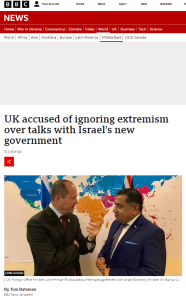
In paragraph four, readers are told that the accusation cited in that headline came from “a group”: [emphasis added]
“The UK has held trade talks with Israel during the first ministerial-level visit to the country since the most nationalist government in its history took office.
The discussions focused on a free trade deal and “regional security issues”.
British Foreign Office Minister Lord Ahmad said they took bilateral ties and trade partnership “to new heights”.
But a group promoting British-Arab relations accused the UK of “turning a blind eye” to “racist positions“.”
Only in paragraph seventeen do BBC audiences discover that the “group” concerned is the lobbying organisation known as CAABU.
“The UK-based Council for Arab-British Understanding (CAABU) criticised the substance of the ministerial visit.
“This cosying up process [is] continuing whilst the Israeli government… is proposing to push forward with major [Israeli] settlement projects including legalisation of outposts,” said the organisation’s director, Chris Doyle.
“Rather than making new deals we should be seeing a British government… saying that pushing forward with these illegal actions would actually carry consequences,” he added.”
Bateman made no effort to comply with BBC editorial guidelines concerning “Contributors’ Affiliations” and so readers learn nothing about the “affiliations, funding and particular viewpoints” of the opaquely funded organisation behind his headline.
Readers are however provided with descriptions of persons and presumed policies in Israel’s new government:
“…Israel’s new government, which includes senior ministers from the ultranationalist far right.”
“Last month, a cross-party group of British MPs urged the UK government not to favour bilateral relations over “grave concerns” about the then-incoming Israeli government’s “discriminatory and illegal” policies.
The UK Foreign Office declined to comment on any protocols for trade and defence ties given that a member of the Israeli security cabinet has convictions for racist incitement and supporting a terrorist organisation.
Itamar Ben-Gvir, co-leader of the Religious Zionism alliance and newly appointed national security minister overseeing the police, has previously called for the expulsion of “disloyal” Arabs and the shooting of Palestinians who throw stones.”
Readers also find statements relating to “hopes” and “prospects”:
“…Israel’s new government faced condemnation from human rights groups for stating that the Jewish people had “an exclusive and unquestionable right to all areas of the Land of Israel”, including the occupied West Bank.
It also pledged to promote annexation of the West Bank, with Mr Netanyahu saying he would choose “the timing and weighing Israel’s general national and international interests”.
Such a move would be seen as violating international law and would end any remaining hopes for a two-state solution, the long-standing international formula for resolving the Israeli-Palestinian conflict.”
“He [Lord Ahmad] also said he “encouraged all efforts to avoid provocative unilateral actions in Jerusalem and the Occupied Palestinian Territories, which only serve to undermine prospects for a lasting and peaceful solution.””
However, when readers discover at the end of Bateman’s report that Lord Ahmed’s visit to the region also included meetings with “Palestinian officials”, no such signposting is provided. A photo caption states:
“Lord Ahmad also held talks with Palestinian Foreign Minister Riad Malki in Ramallah”
BBC audiences are not informed of Maliki’s past position as spokesman for the PFLP terror organisation.
Readers are told that:
“On Wednesday afternoon, the UK minister travelled to the West Bank where he was due to meet Palestinian officials.
The Foreign Office said he would visit the city of Hebron “to hear about the impact of Israeli settler violence on Palestinian residents”, and would travel to the area of Masafer Yatta, where he “will reiterate the UK’s opposition to evictions and [home] demolitions”.”
Those “Palestinian officials” included Mahmoud al Habbash, the PA president’s religious affairs adviser. BBC audiences however are told nothing of Habbash’s defence of Abbas’ incitement or his repeated discriminatory – and ultranationalist – remarks concerning the Jerusalem site holy to three faiths and their effect on “prospects” for peace. No mention is made of Habbash’s approach to women’s rights or his promotion of “Jihad, conquest and victory” and so the BBC avoids having to characterise his views as “far-Right” or anything else.
The political affiliations and views of additional “Palestinian officials” who met with Lord Ahmed were likewise not deemed worthy of note by Bateman.
While Bateman did mention the UK minister’s visit to Masafer Yatta, he refrained from any discussion of “provocative unilateral actions” such as the construction in Area C (which is under Israeli control, including planning) of the UK donor funded school that Lord Ahmad visited.
The BBC policy of assigning signposting labels to Israeli governments, politicians and proposed policies while at the same time avoiding any description of the place on the political map of the unelected Palestinian Authority which advances illegal construction in Area C, rejects Israel’s right to exist as a Jewish state and pays stipends to terrorists is once again glaringly apparent.
Related Articles:

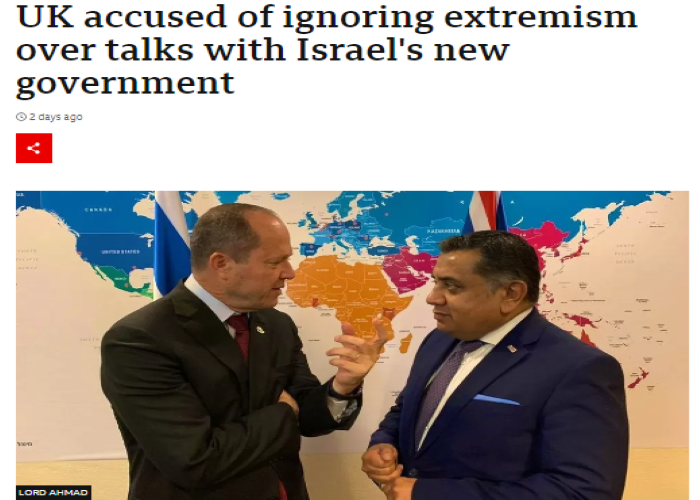
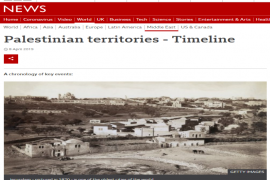
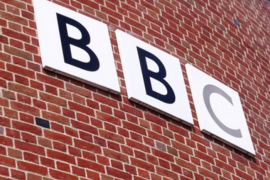

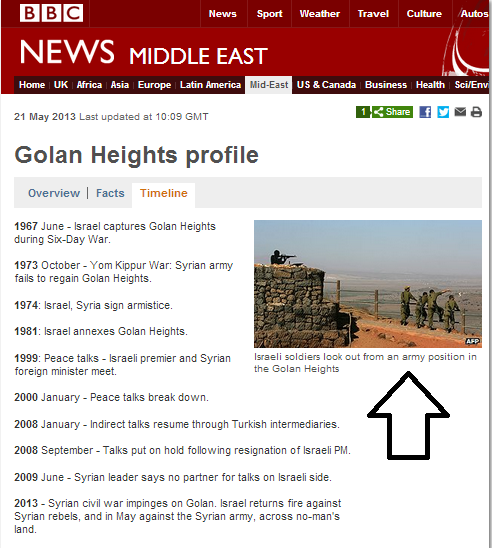
It is glaringly clear that the BBC is firmly on the side of the Palestinians – and against the Jew s – in every dispute and conflict.
Now that Iran, the paymasters of Hamas and Hezbollah, is regarded as a pariah state for its alliance with Russia, it will be interesting to observe if the BBC will risk continuing to comply with their instructions – given their reduced status.
“Natanyahu is Israel’s worst enemy, why won’t western allies confront him?” By Simon Tisdall in The Observer 15 Jan. An article so biased that it is illogical, factually incorrect and full of faux concern for the Israeli electorate. One of the most dreadful pieces of journalism I have read in a long time.
I trust you will be exposing this journalist for what he is!